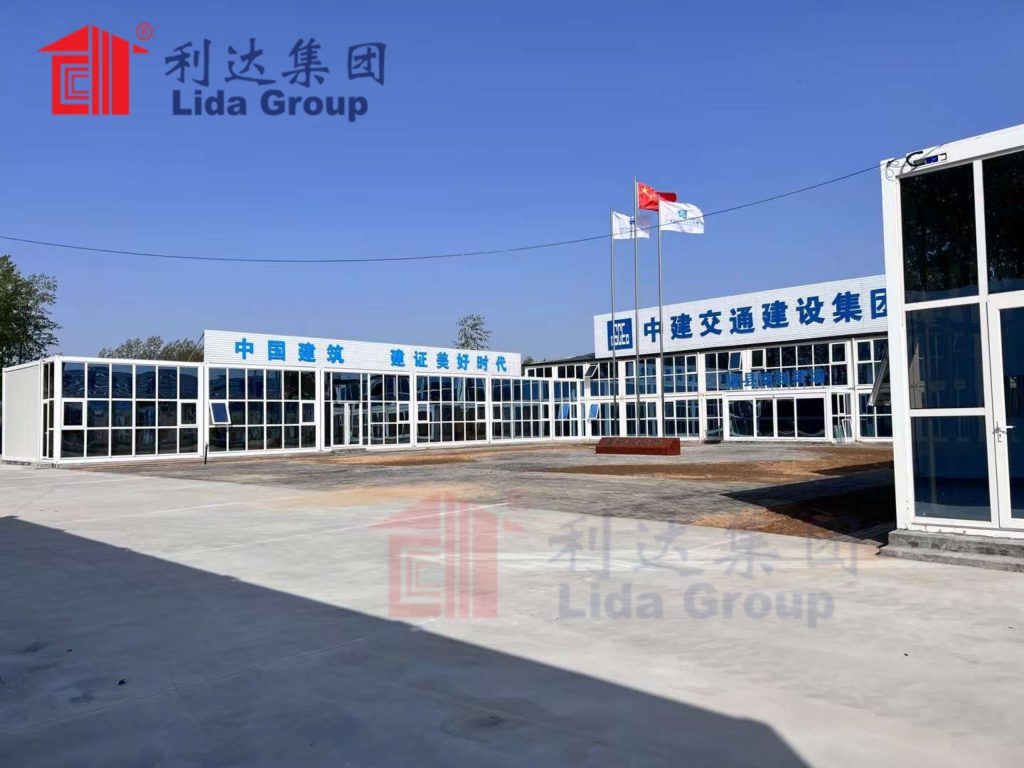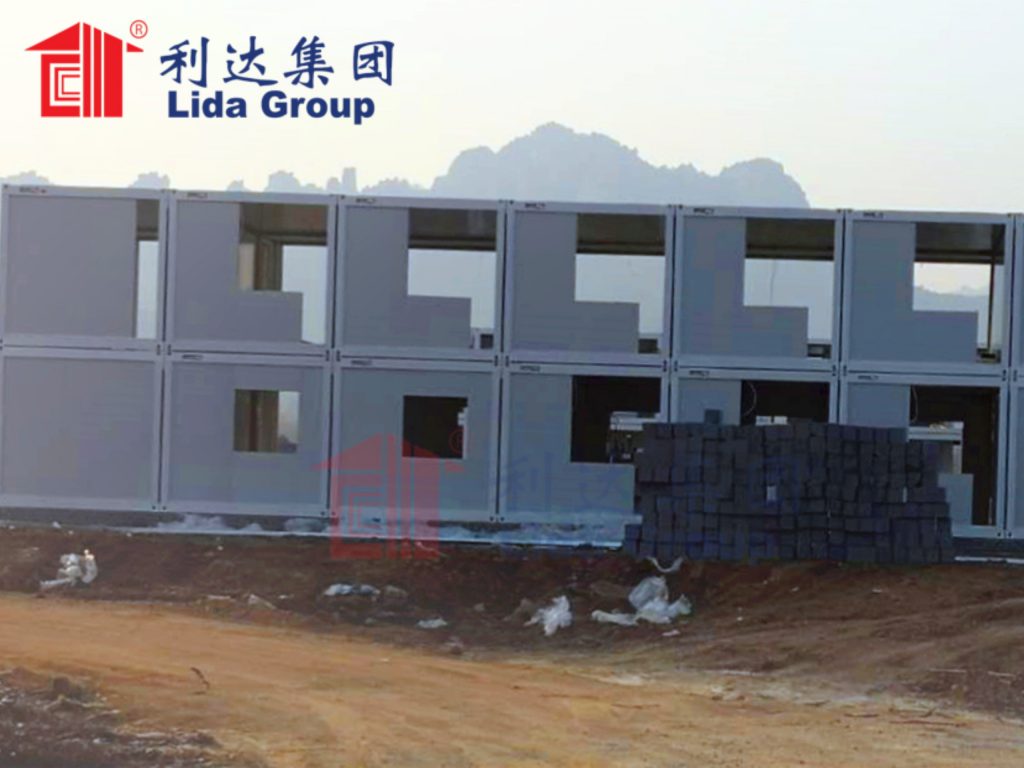Lida Group has positioned itself at the forefront of China’s booming modular construction sector with its patented shipping container home technology. As the prefabrication pioneer prepares to establish mass production facilities across the country, CEO Mu outlined ambitious plans to significantly scale operations and export their model internationally in an exclusive interview.
Mu believes Lida’s highly standardized, automated building methods can revolutionize how the world’s growing urban populations access affordable housing. “Traditional on-site construction simply cannot meet ballooning demand in an environmentally sustainable way. Modular building processes delivering completely outfitted homes Factory-style represent the future,” he said.
Lida made headlines earlier this year finishing China’s first container apartment community – a 200-unit development erected near Shanghai in just six months, far surpassing typical build times. Occupants have since praised the quality, sustainability, and budget-friendliness of their container homes versus site-built alternatives.

Such success propelled major backing from policymakers and investors. Lida now boasts over $50 million earmarked for regional manufacturing hubs situated along strategic port regions. “We’ll be able to directly source locally while accessing global shipping routes efficiently. Customizing designs sustainably within container footprints unlocks enormous volumes,” Mu explained.
Phase one ambitions center 5 new automated facilities delivering 2,500 container homes apiece annually through strict lean practices. Prefab interiors streamline plumbing, wiring and finishes installation at the rate of one module outfitted hourly once assembly lines stabilize. Vacant lands rezoned industrial near populous east coast municipalities provide affordable new housing rapidly.
Mu envisions graduated price points through scaled efficiencies. “Early adopter communities help optimize designs lower costs 20% with each doubling of capacity. Solar, batteries and quality furnishings become standards within 7 years as renewable materials improve.” He anticipates over 50,000 affordable homes constructed domestically by 2025 supported by research partnerships.

International growth represents the next horizon with regional manufacturing licensing already underway. Mu highlighted Europe and North America’s untapped potential given unmet housing demands and climate commitments. “Localizing within container standards empowers disaster-resilient communities globally. Refugees necessitate dignified shelter too through distributed renewable infrastructure.”
Modular construction differentiates through sustainable community-building, according to Mu. Thoughtful resident inputs shape complete neighborhoods as envisioned through the Chongming Eco-Village pilot, ranging from vertical farming to vehicle sharing reducing living expenses holistically compared to isolated housing developments.
While scale promises profits, Mu asserts affordability remains the chief priority. “Shelter liberates human potential. Through public benefit corporations treating housing like essential infrastructure, families gain stability sustaining local economies.” Cooperatives involving end users subsidize early container village occupants, he explained, in addition to vocational training programs leveraging prefab skills worldwide.

Naysayers question modular construction’s permanence given fluctuating demands. However, Mu outlined plans for transitioning container apartments into taller timber structures supporting aging-in-place through universal design principles. Expanding envelope systems connect clustered blocks promoting aging communities and distributed industries within renewable microgrids.
Modular construction establishes livelihoods sustainably according to Mu. “Visionary cooperation multiplies societal blessings. Together elevating humanity through responsible industrialization signifies our shared purpose.” With continued R&D innovations and cross-sector partnerships, Lida Group aims proving modular construction’s positive long term impacts through compassionate mass production housing communities everywhere.

Related news
-
Cutting edge or copycat? Lida Group defends its patented approach to producing completely assembled container apartment communities off-site and within tight deadlines.
2024-04-22 10:30:15
-
With an eye toward more eco-friendly building solutions, Lida Group showcases detached container apartment prototype made entirely from recycled steel shipping containers at international construction expo.
2024-04-18 15:30:09
-
Housing Charities Partner with Lida Group to Mass Produce Standardized Refugee Shelters using Retrofitted Shipping Containers for Rapid Deployment Worldwide
2024-04-15 17:35:38
contact us
- Tel: +86-532-88966982
- Whatsapp: +86-13793209022
- E-mail: sales@lidajituan.com


